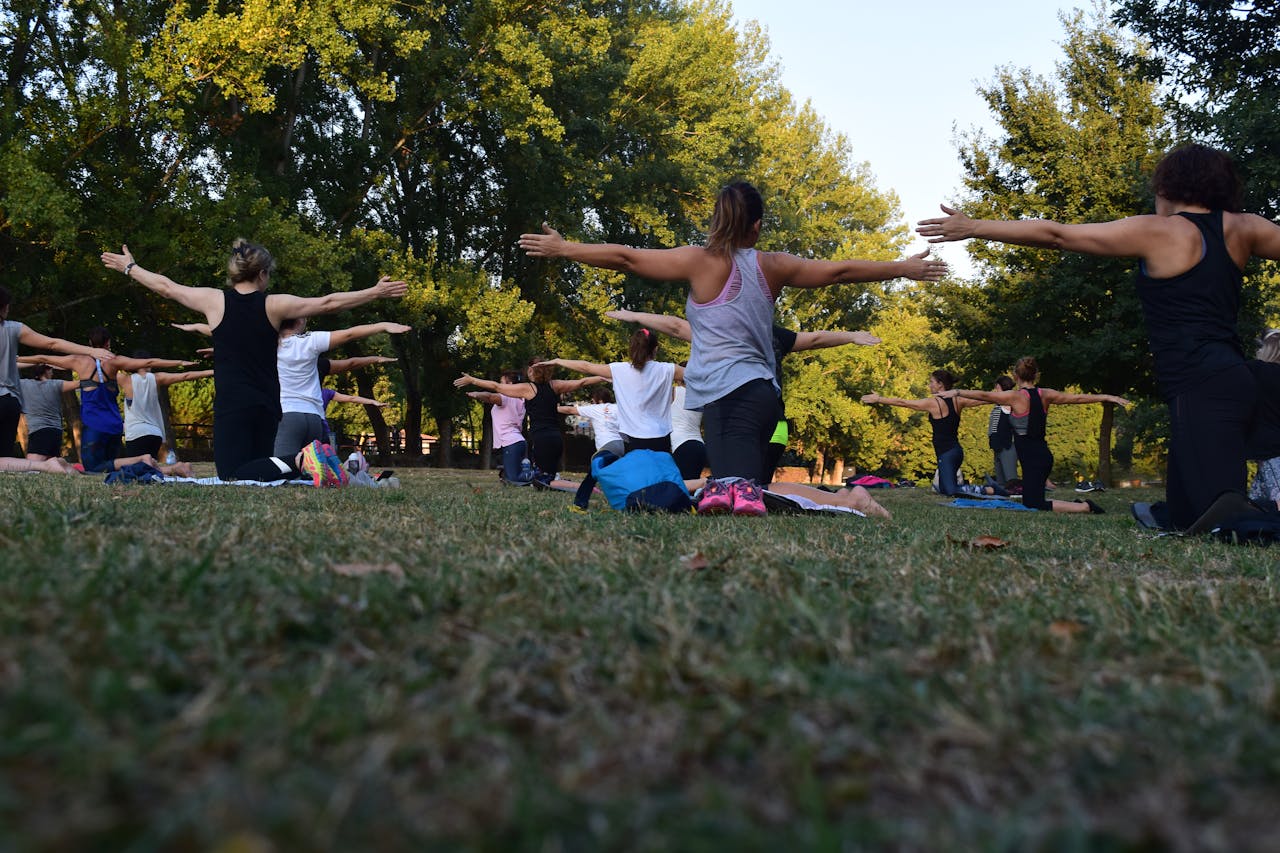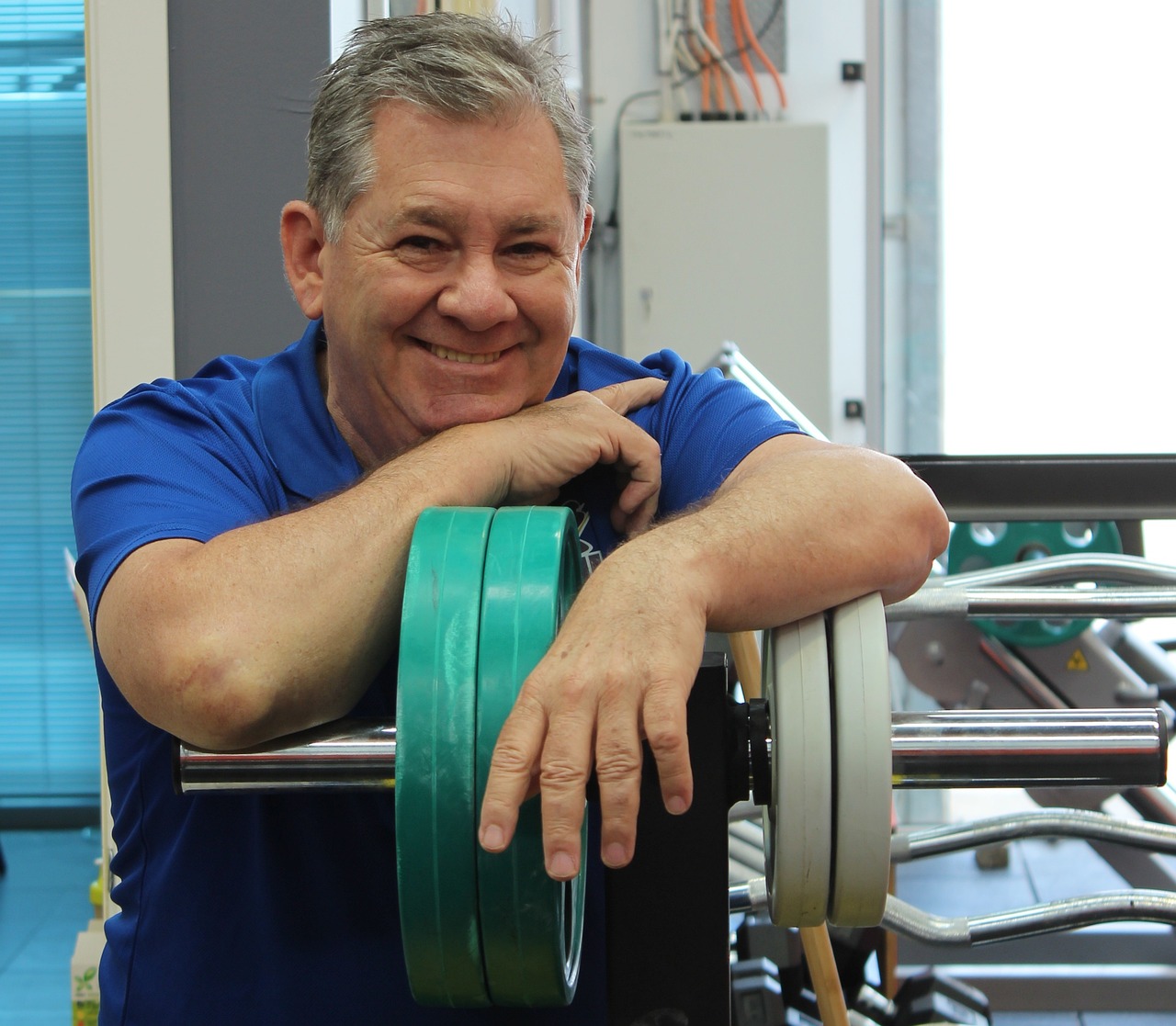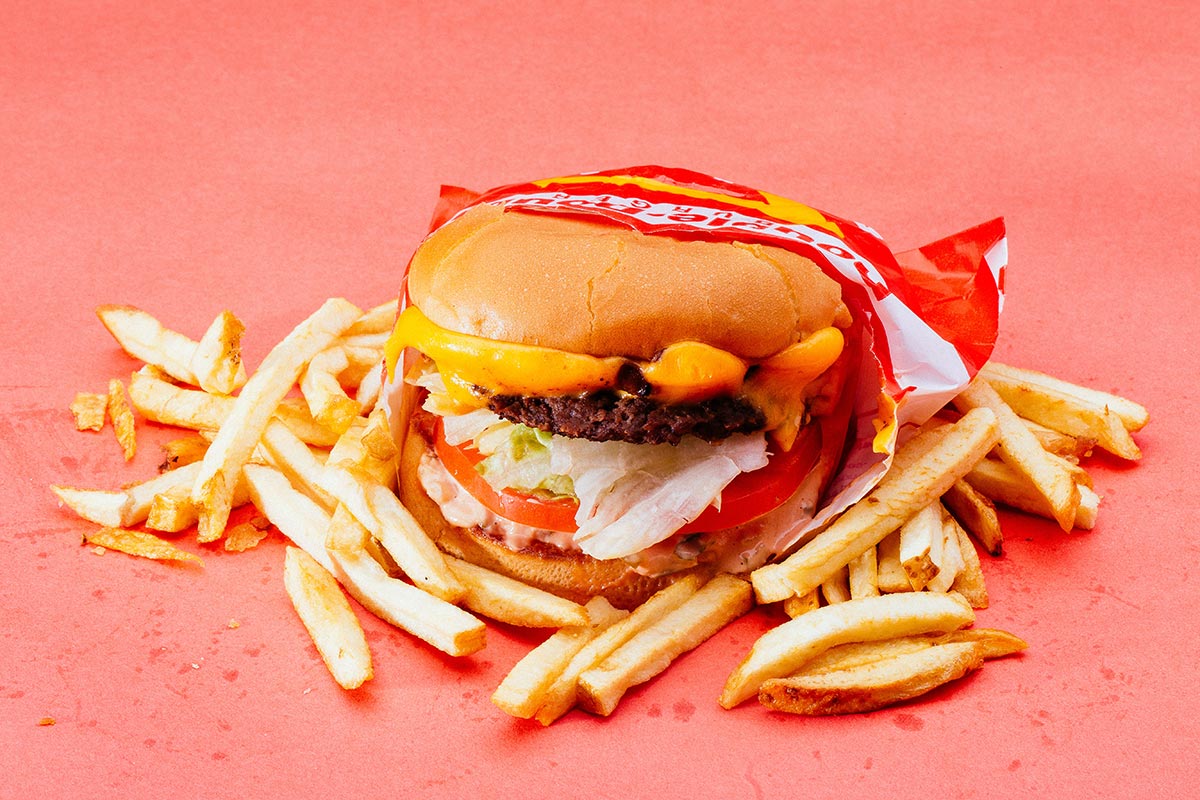The Alpha of Anabolism
If muscles could vote, testosterone would win every time. This potent hormone isn't just the poster child for masculinity; it’s the biochemical driver behind hypertrophy, fat metabolism, and even that smug post-workout grin. Whether you’re curling dumbbells or crushing HIIT, testosterone is the molecule that keeps your body anabolic and your ego appropriately inflated.
Produced primarily in the testes (and in smaller amounts in the adrenal glands), testosterone’s effects are far-reaching. It stimulates protein synthesis, increases neuromuscular efficiency, and boosts red blood cell production. In short, it’s nature’s legal steroid—and unlike shady supplements, it comes with an internal prescription pad.
Mood Swings & Muscle Mass
Low testosterone doesn’t just sabotage your gains—it messes with your mind. Recent clinical studies have confirmed that testosterone plays a critical role in emotional regulation, motivation, and libido. When levels dip, so does your willingness to crush deadlifts or smile at your gym crush. Coincidence? Hardly.
Low-T men often report fatigue, irritability, and a general sense of apathy. Their VO2 max declines. Recovery slows. And perhaps most tragically, their six-pack fades into a gentle ripple of regret. Elevated testosterone, on the other hand, has been associated with enhanced mood, better cognitive performance, and faster reaction times—traits any athlete would envy.
Training: The Natural Testosterone Booster
You don’t have to inject anything to raise testosterone. Your gym routine is already doing more than just making you sweaty and sore. Resistance training, especially heavy compound movements like squats and deadlifts, has been shown to stimulate acute testosterone spikes. Sprint intervals and HIIT workouts also do the trick—turning your pitiful whimper into a primal roar of hormonal triumph.
But here's the twist: not all training is testosterone-friendly. Excessive endurance exercise—yes, that daily 10K—may suppress testosterone over time. So unless you’re training for the Marathon of Mediocrity, consider swapping out some long runs for explosive, strength-based circuits. Your hormones will thank you with biceps.
Sleep, Sex, and Steak
Muscles grow in bed, and so does testosterone. Chronic sleep deprivation is a hormonal wrecking ball, with studies showing up to a 15% drop in testosterone after just one week of sleeping five hours per night. Quality sleep, on the other hand, boosts nocturnal testosterone surges and sharpens insulin sensitivity, making it the cheapest performance enhancer you’re not using enough.
Nutrition also matters—specifically dietary fat and zinc. Testosterone synthesis requires cholesterol, so ultra-low-fat diets might leave you shredded but sad. Eggs, red meat, and avocados aren’t your enemy—they’re part of your hormonal arsenal. And no, tofu three times a day doesn’t count as a performance strategy unless you’re aiming for a soy-induced slump.
Age Is Just a Number (But Hormones Don’t Lie)
Testosterone declines naturally with age—about 1% per year after your 30s. That doesn’t mean you’re doomed to shrink into middle-aged mush. Strategic lifestyle interventions can slow the hormonal slide. Strength training, adequate sleep, stress management, and micronutrient-rich diets all act as testosterone lifelines well into your golden years.
Men over 40 who maintain lean body mass, stay active, and avoid metabolic syndrome are often found to have hormone levels comparable to men in their twenties. And no, yelling at the TV doesn’t count as a workout. Science shows that testosterone is less about age and more about lifestyle—a fountain of youth carved from steel plates and grilled salmon.
The TRTs and Truths
Testosterone Replacement Therapy (TRT) has become the whisper topic in locker rooms and Reddit threads. While it offers real benefits for men with clinically diagnosed hypogonadism, it’s not a shortcut for gym rats unwilling to optimize lifestyle first. Abuse of TRT can lead to infertility, gynecomastia, and cardiovascular risks. That’s right: too much juice and your body starts thinking you’re building boobs, not biceps.
Still, modern TRT, when supervised by an endocrinologist and tailored to physiological needs, can restore quality of life and training potential in men with legitimate deficiencies. It’s not cheating if your body’s just playing catch-up. But before anyone sticks a needle into their glutes, they’d better be ready for blood work and lifestyle audits.
The Future of Fitness Hormones
Recent developments in endocrinology have highlighted not only testosterone’s muscle-building magic but also its neuroprotective functions. 2024 studies have found correlations between optimal testosterone levels and lower risks of Alzheimer’s and metabolic syndrome. Researchers are now exploring selective androgen receptor modulators (SARMs) as a possible safer alternative for boosting anabolic signaling without the risks associated with exogenous testosterone.
Meanwhile, fitness tech is catching up. Wearables and apps are being developed to track circadian hormone rhythms, offering personalized training and recovery suggestions. We’re entering an era where testosterone isn’t just something measured by labs—but monitored by smartwatches, respected by trainers, and worshipped by lifters worldwide.
Testosterone: More Than Machismo
Testosterone is not about being alpha—it’s about being optimal. In the world of fitness, it’s the difference between thriving and surviving. Between beast mode and burnout. It powers your lifts, fuels your drive, and yes, even keeps you from crying during protein bar commercials. So next time someone scoffs at your post-workout steak or questions your love for eight hours of sleep, just smile and flex. You’re not just training muscles—you’re training your hormones to work for you, not against you.













